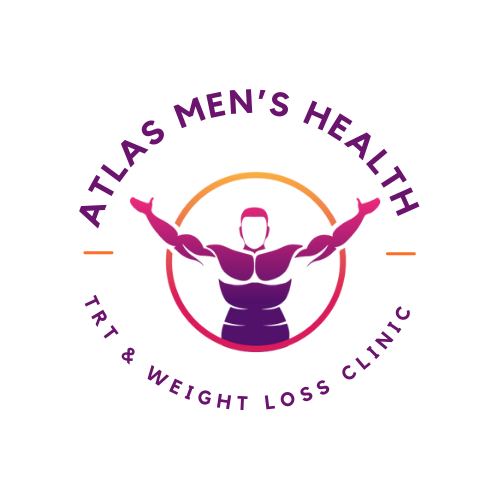Do These “Testosterone Boosters” and Supplements Truly Work?
People often inquire about exercises, foods, or supplements that can elevate testosterone levels, potentially serving as remedies for Low T, thereby avoiding the need for TRT. While enhancing overall fitness and health may seem like logical solutions to symptoms like low mood, fatigue, and reduced sex drive, especially for those with borderline low testosterone, they are not sufficient for those with clinical Low T experiencing moderate to severe symptoms. Balancing hormones in such cases requires more than just lifestyle adjustments or over-the-counter products.
The Reality of Low T Solutions
However, for those suffering from clinical Low T with more severe symptoms, mere lifestyle modifications or products claiming to cure Low T are insufficient to restore hormonal balance. There are no existing product that can cure Low T without medical intervention.
Vitamin D’s Role
Adequate Vitamin D could theoretically reduce the risk of developing hypogonadism (Low T). However, the increases in testosterone plateau once Vitamin D levels are optimized, and these increases are insufficient to overcome chronic, clinically low testosterone. Vitamin D, or any food or supplement, is not a silver bullet for clinically low testosterone levels.
DHEA: A Precursor but not a Solution
Dehydroepiandrosterone (DHEA) is a steroid hormone and a precursor to other hormones, including testosterone and estrogen. While it seems logical that supplementing DHEA could lead to increased testosterone production, there is no reliable scientific proof to support this theory. The human endocrine system is highly complex, and directly addressing testosterone deficiency with medical guidance is more effective.
Testosterone Boosters: Unregulated and Risky
Testosterone boosters, which are dietary supplements with questionable safety regulations and unverified marketing claims. A study analyzed the ingredients of several testosterone boosters and found that many contained Zinc, Vitamin B6, and Fenugreek extract in amounts exceeding recommended daily limits. These boosters are more risky than helpful from a medical standpoint.
Conclusion and Recommendation
In conclusion, relying on unproven and potentially harmful products to cure Low T is similar to putting a band-aid on a large wound. Individuals should consult with medical providers to identify the source of their symptoms through simple blood tests and to develop tailored, medically sound treatment protocols.


